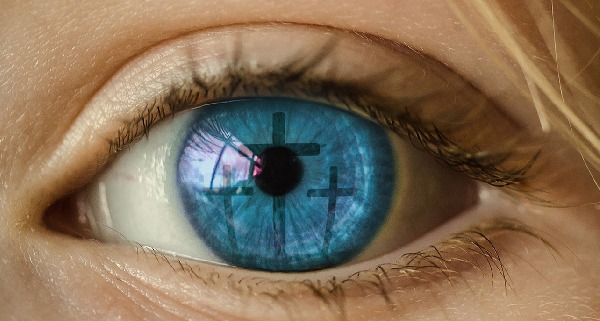Responding to the Spiritual Impact of Child Abuse
Although most people are aware of the physical and emotional toll of child abuse, many do not appreciate the spiritual impact of abusing children. According to 34 major studies involving more than 19,000 abused children, a majority of them were impacted spiritually as a result of maltreatment.
In some cases, this happens when an offender uses religion in the abuse of a child. An offender may tell a child he is being beaten because of the child’s sinfulness. An abuser may cite a child’s biological reaction to sexual touching as proof the child is equally to blame for their own victimization. Even if a child is not abused in the name of religion, many children have spiritual questions about the abuse. For example, a child may wonder why God did not answer a prayer to stop the abuse.
If the church does not help abused children suffering spiritually, research suggests that many of them will eventually leave the church, even abandon their faith. Out of ignorance, perhaps out of our own sinful weakness, the church has often ignored the needs of these children.
To better prepare our called workers to address the sin of child abuse, all students in the pastor or teacher tracks at Martin Luther College and students at Wisconsin Lutheran Seminary receive several hours of training in recognizing and responding to cases of child abuse. In addition, Freedom for the Captives continues to develop materials to improve the ability of our churches to address the needs of abused children in our congregations and communities. See Standing Up for Children online training materials, resources for creating policies to prevent abuse, and spiritual resources for survivors, available on this website or by e-mailing [email protected].
In addressing the sin of child abuse, God has given our churches multiple resources, including:
- Child protection policies. Some studies indicate that most child molesters are religious, and that the most egregious sex offenders are often active members of their church. One reason many sex offenders like to go to church is because the faith community often has weak child protection policies in its schools, Sunday school programs, sports programs, and camps. If your school or church does not have rigorous child protection policies, or if you are simply not sure, it is important to speak with one or more child abuse experts who can assist you in implementing or improving your policies.
- Training. Policies that are not accompanied by training are often ineffective. To address this, pastors, teachers, and church youth workers should be trained in recognizing and responding to abuse and in understanding the importance of policies in deterring offenders. It is also critical to provide personal safety instruction to children in our Lutheran schools so that children know what to do if someone sexually abuses them or otherwise violates them. When done appropriately, education of this kind is not frightening and may empower a child being abused to reach out to a teacher or pastor for help.
- Sermons. Many survivors have said they never went to their pastor for help because they never heard him give a sermon about abuse, mention the topic in Bible class or in any other manner. Many survivors believe the pastor simply won’t understand their pain and, like the offender, will blame them for the abuse. In a similar vein, many offenders sit snugly in the pews completely confident the church will never speak out against the sin of child abuse because the subject is uncomfortable, and Satan has convinced us not to cause a ruffle. For the sake of the Gospel, we need to change this dynamic.
Jesus cared deeply for children and said it would be better to be tossed in the sea with a millstone around our neck than to damage the faith of a boy or girl (Mattew 18:6). When it comes to the sin of child abuse, our Savior’s warning has often fallen on deaf ears. As a result, children have suffered needlessly and offenders are emboldened to strike again.
In recognition of our Christian obligation, and fully aware our Savior will one day ask us to give an accounting of the children he has placed in our care, we must pray for and act on behalf of these children.
Victor Vieth is a former child abuse prosecutor who is currently the Director of Education & Research for the Zero Abuse Project zeroabuseproject.org.
For confidential, compassionate professional Christian counseling, contact WLCFS-Christian Family Solutions at (800) 438-1772.




